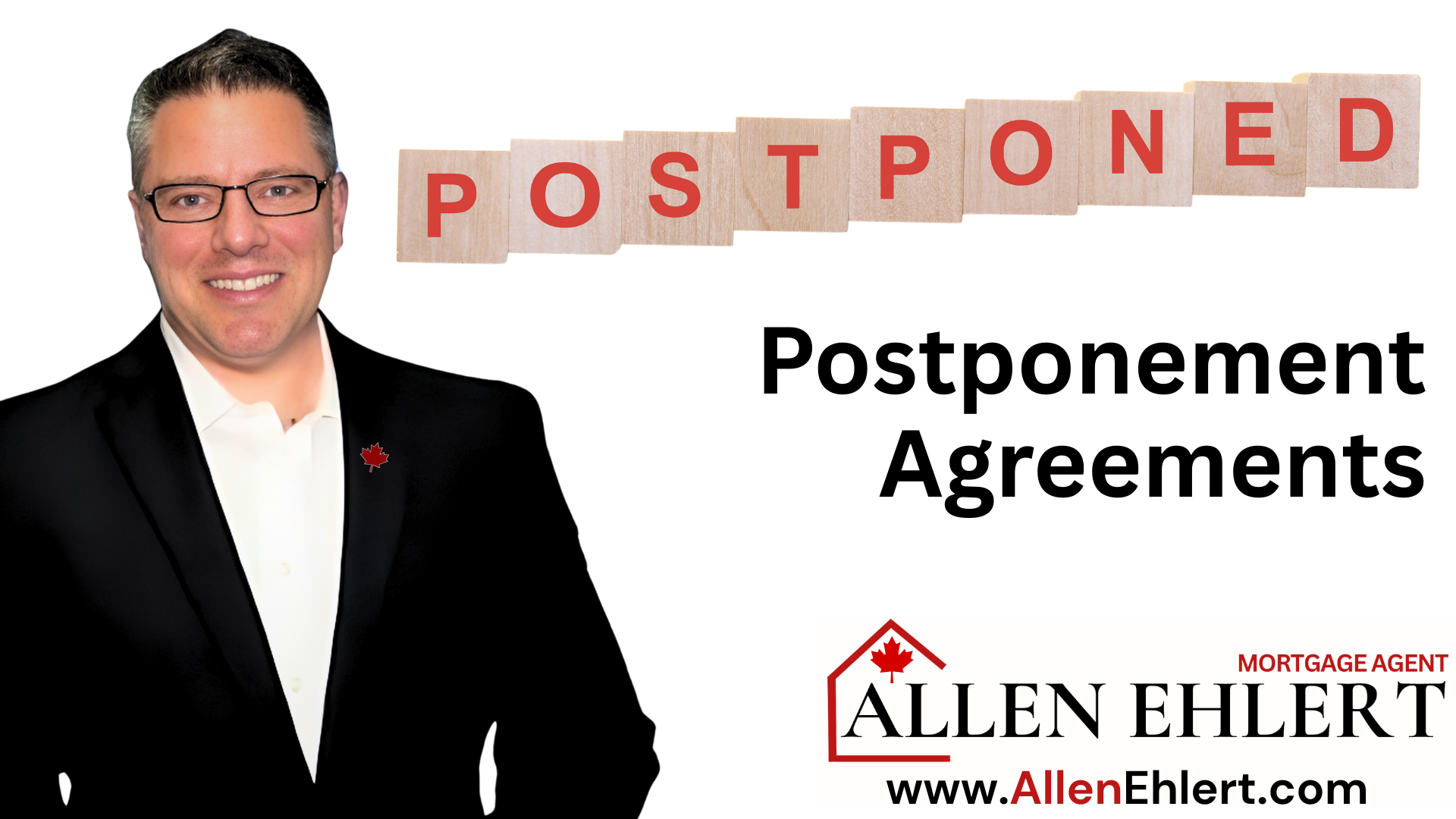If you’ve ever sold a home that came with more drama than a Real Housewives reunion, you know how messy things can get when there’s more debt on the property than equity. And if your client has a first mortgage, a second mortgage, and took out some equity to help the kids — well, we’re already in “handle with care” territory.
So let’s get straight to the question on your mind:
“Will I get paid my commission if the seller is underwater?”
It depends. And that’s exactly why we need to talk.
Commission Comes First… But Not Really
Red Flags You Should Watch For Before Taking the Listing
How to Protect Yourself as a Realtor
Final Word: Ask Before You Invest
Commission Comes First… But Not Really
Legally, yes — your commission is owed as per the listing agreement. It’s typically paid before the seller sees a dime. But in the real world? That’s not how it works when there’s trouble on title.
In Ontario, mortgages are registered charges on title, and those lenders get paid first. If there isn’t enough money from the sale to pay out all registered mortgages in full, the lenders won’t discharge title (won’t legally remove a mortgage lien from the property’s title in the land registry system and so won’t release their legal claim on the property) — and the deal won’t close.
No discharge = no clean title = no closing.
No closing = no commission.
Even if the listing agreement says you’re first in line, you’re not getting paid unless there’s money left after the mortgage(s) are covered — or unless the lenders specifically approve the commission being paid from proceeds.
The New Underwater
Let’s say your client bought the home in 2018 for $600,000, and today it’s worth $750,000.
Great, right? On paper, they’ve made $150,000.
But now let’s look at what might have happened in between:
They Borrowed Against Their Equity
Original purchase price (2018): $600,000
Original mortgage: $480,000 (80% LTV)
Today’s appraised value: $750,000
Over time, the client:
- Refinanced in 2021 when the value peaked at $850,000
- Took out a new $680,000 mortgage (maybe to help the kids, do renos, pay debts)
- Possibly added a $70,000 HELOC or second mortgage
Today:
- The house is worth $750,000
- But total debt on title = $750,000
- After selling costs (commission, legal, adjustments), there’s no equity left
The house is worth more than they paid but they owe more than they’d clear from a sale
That’s the new underwater — even with price appreciation.
Red Flags You Should Watch For Before Taking the Listing
As a realtor, you’re putting in time, marketing dollars, and your reputation. So before signing that listing agreement, here’s what you need to ask — and what you need to notice:
- Get Help Asking the Hard Questions
- Ask to see the paperwork
- Has the client refinanced recently?
- What’s the current mortgage balance(s)?
- Do you suspect the home’s value has dropped?
- Is there a second mortgage, private lender, or lien?
Get Help Asking the Hard Questions
The relationship a client has with their realtor and with their mortgage agent are different. While they may be reluctant to share their deepest financial details with you, they know that they have to ‘tell me everything’ to get financing (taxes, income, credit score, liens, debt, assets… everything). Let me help you ask your client the hard questions about their financial situation, and we can work together to find a way through. If they are won’t talk to you, and they won’t talk to me…. oh boy 🙁
Ask to See the Paperwork
What people say and what is on the paper could be two different things. The client may not want to disclose, or they may not actually understand the implications of their situation. Even what they get told by their lender and what actually happens to be true on paper happens more often than you think. Get it on paper. Or let me help you get the paper evidence you need.
Has the client refinanced recently?
With the big run up in real estate prices in the years past, many people took the opportunity to take equity out of their home. In short, their home became another bank account. If they’ve pulled out equity to help their kids or fund another project, ask what’s owing. Two mortgages, a private, or even a HELOC could easily eat into any potential net proceeds.
What’s the current mortgage balance(s)?
Encourage your client to contact their lender(s) for up-to-date payout figures, including any discharge penalties. You’ll likely need my help with this. You’ll also need to know their other debts. And don’t guess — those IRD penalties can kill a deal.
Do you suspect the home’s value has dropped?
If the home was bought or refinanced near the 2021/2022 peak, it could be worth 20–30% or more less today. Do your CMA, but also know that appraisers and lenders may be even more conservative in a shifting market.
Is there a second mortgage, private lender, or lien?
Second mortgages and private lending are common now — especially for families who accessed equity for tuition, renovations, business funding or just the surprises of life. But second lenders are lower on the food chain. They often get nothing in a short sale if it can even happen and are not likely to cooperate as they are equity lenders. They know they get paid before you.
How to Protect Yourself as a Realtor
This part is all about professional boundaries and smart due diligence. You’re not their mortgage agent — but you can work with one (like me) to make sure your seller is on solid financial footing before you stage the house and book the photographer.
Here’s What You Can Do:
- Ask for a mortgage statement (or encourage the seller to provide one to me).
- Let me run an equity assessment and scenario before you list.
- Have tough conversations early. If the numbers don’t work, they don’t work — and listing the property won’t fix that. We can work on solutions to prepare them to list through you.
- Avoid sinking time and money into a listing where there may be no path to closing without lender negotiations.
If it turns out the client is underwater, it may be smarter to help them explore:
- Refinancing instead of selling
- A short sale with lender approval (which can take weeks to negotiate)… but in Ontario, not very likely
- Or, in rare cases, a consumer proposal or legal advice on debt settlement
My Final Word: Ask Before You List
Realtors are the backbone of the real estate transaction, but in distress sales, you’re often the last to get paid — if at all. So before you spend thousands on marketing and weeks of showings, make sure the numbers work.
You deserve to be paid for your work. The way to ensure that?
Know your seller’s financial reality up front — and partner with me (shameless plug) who can help spot trouble before it costs you, or find solutions that will make the deal work.
If you ever run into a situation where the numbers don’t add up, I’m here to help you assess the risks and protect your time. Send me the address and the mortgage details — and I’ll run the scenarios with you. No strings. Just smart business.












